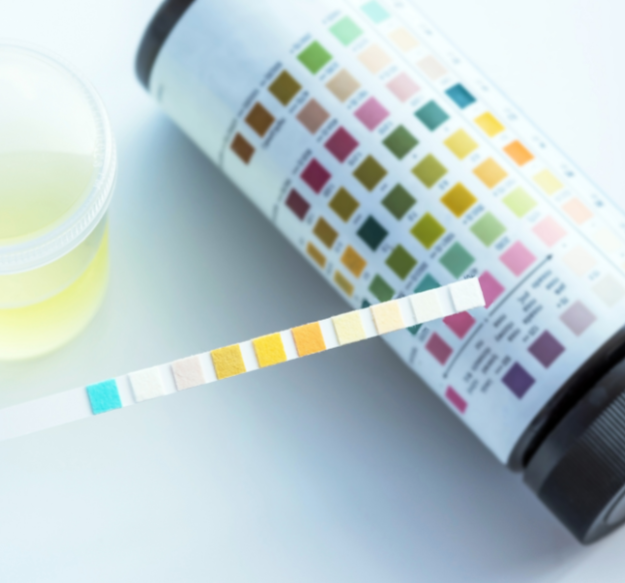Proteinuria is a condition in which there is an abnormally high or excessive amount of protein present in the urine, causing the urine to appear frothy or bubbly. It is an indicator of kidney diseases such as chronic kidney disease, acute kidney injury, glomerulonephritis, or kidney inflammation. Therefore, bubbly urine causes proteinuria which can be an indicator of a significant kidney condition.
What are the Symptoms of Proteinuria?
Proteinuria is often detected during a routine urine test, and it may not cause any noticeable symptoms. The early sign of proteinuria is bubbling in urine and leg swelling. However, if the kidney condition progresses to a severe form, proteinuria may cause the following symptoms:
Foamy urine or bubbling in urine
Swelling in the face, abdomen, feet or ankles
More frequent urination
Shortness of breath
Tiredness
Nausea and vomiting
Muscle cramps at night
Symptoms






